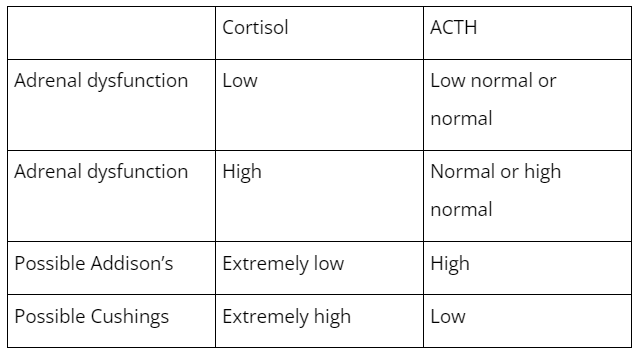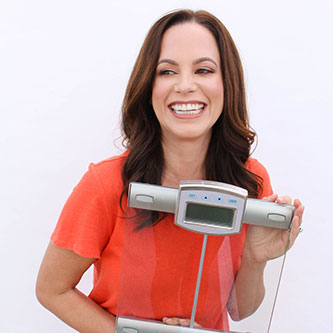Understanding Adrenal Diseases
Let’s talk a little bit about some of the most common adrenal diseases out there…
1. Addison’s Disease
Addison’s disease is to the adrenals, what Hashimoto’s disease is to the thyroid. It is similar because Addison’s, just like Hashimoto’s, is an autoimmune disease.
In this case, the immune system attacks the adrenals and makes it to where they can’t make much of anything. When your adrenals work well, they make over 57 different hormones.
Some of the big ones include:
- Cortisol
- DHEA
- Pregnenolone
- Aldosterone
These, as well as other hormones, have a lot of control in our bodies. They can control when we wake up and go to sleep, our blood sugar, electrolytes, inflammation levels, and they also affect our other hormones.
In the case of Addison’s disease, the immune system wrecks the adrenals. Now, they are unable to make much of anything. This is not subtle – it can be very dramatic.
This can be fatal. We need these hormones to survive. Or, it can cause small stressors to leave big impacts because there is nothing to account for change in the body.
We begin to suspect Addison’s disease when we encounter the following symptoms:
- Electrolytes leaking out
- Bad swelling and fluid retention
- Horrible exhaustion
- Uncontrolled blood pressure
- Non-measurable cortisol levels
With Hashimoto’s, we measure the hormones coming out of the thyroid (T3 and T4), but we also measure how the brain is communicating with the thyroid (via TSH).
In the case of Addison’s, it is all the same. We measure what comes out of the adrenals, especially the cortisol, and how the brain is talking to the adrenals. This is called ACTH.












